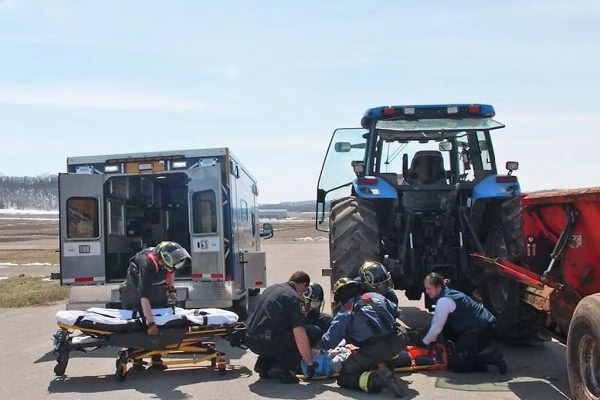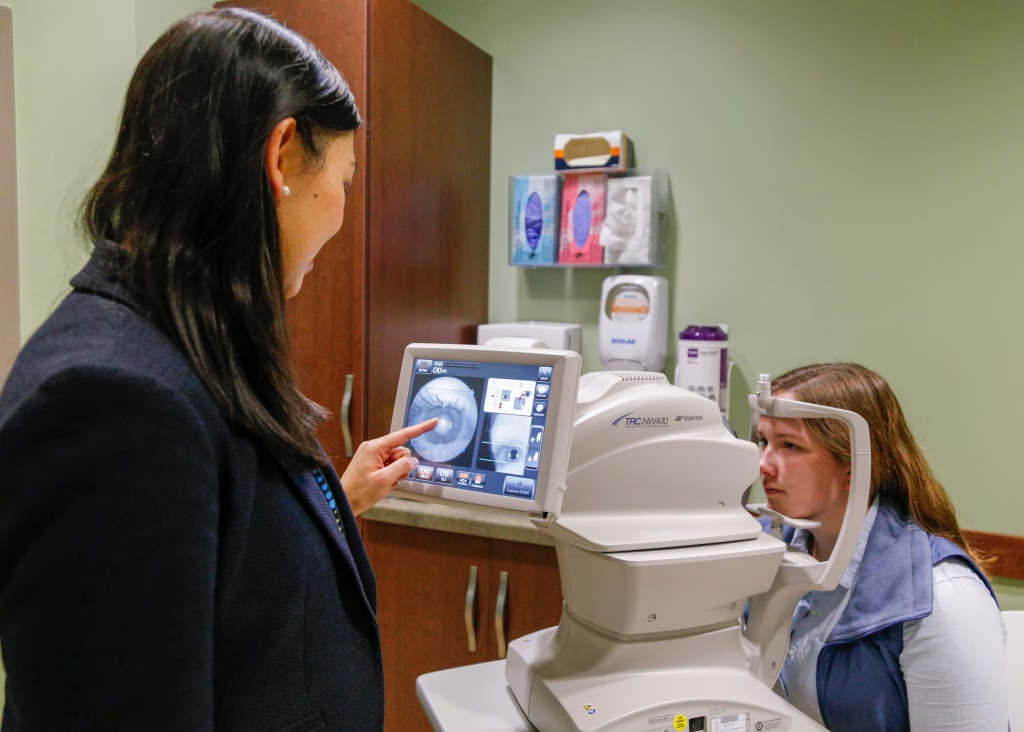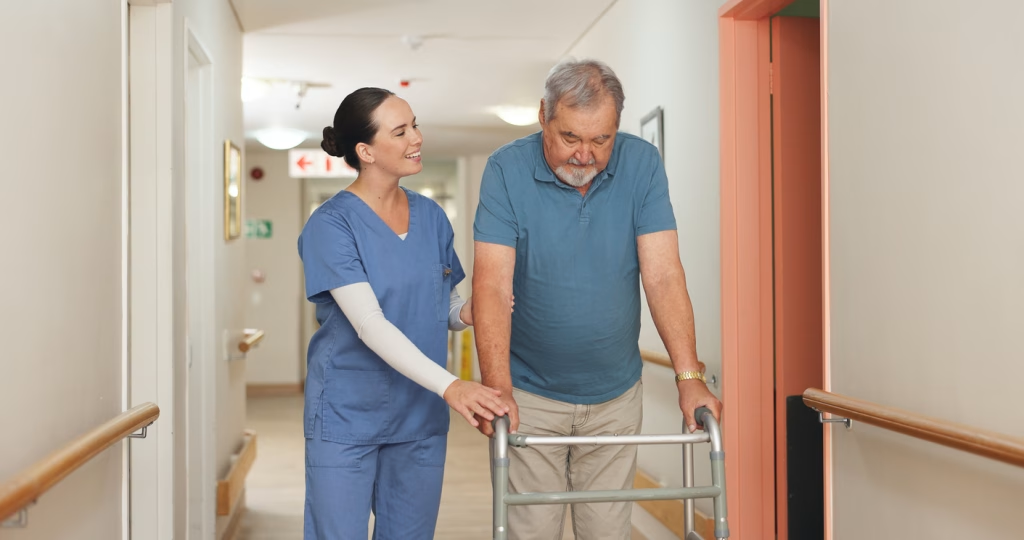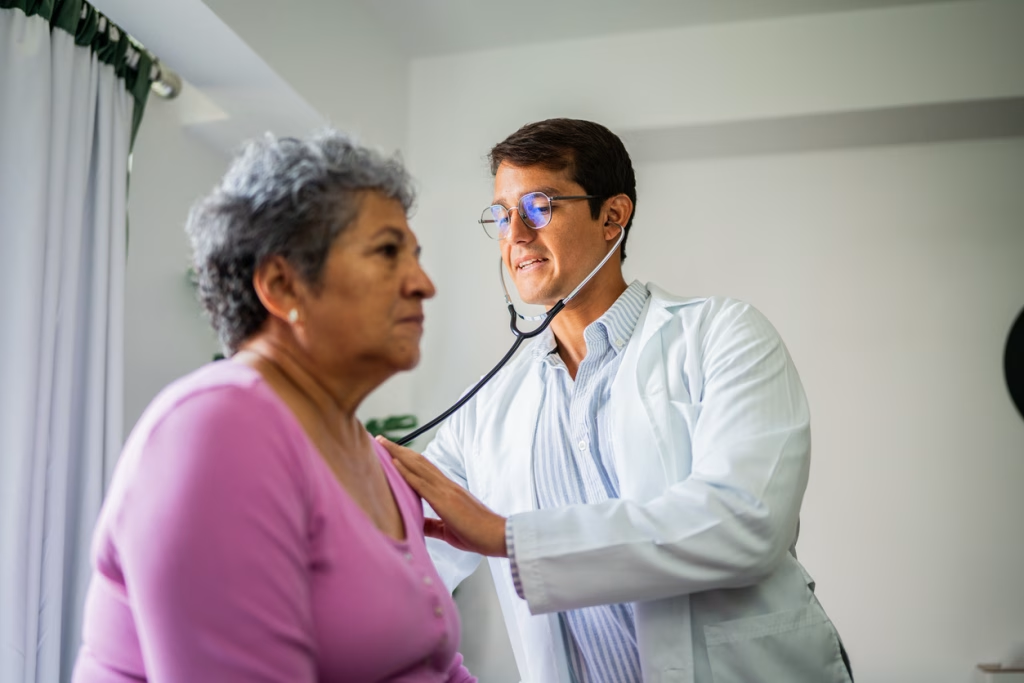Investing in Wisconsin research
ICTR improves the health of communities across Wisconsin by making the research process smoother, faster, and more impactful. Supported by the flagship Clinical and Translational Science Award (CTSA) Program and the Wisconsin Partnership Program, we provide tailored services, training programs, and funding to help researchers successfully advance their research projects and careers. This investment makes it possible for new and better treatments to quickly reach our communities and clinics across the state.
Our support for researchers includes:
- Career development programs that promote rigorous, evidence-based research practices across many research disciplines.
- Centralized, coordinated expertise in all aspects of research design and development.
- Tools and technology for streamlining research operations and managing data.
- Guidance to ensure that research is responsive to community needs and that results can be effectively disseminated and used.
- Strong institutional partnerships to foster scalable, collaborative projects.
2024 in review
Below is a sampling of several high-impact ICTR projects. In 2024, ICTR provided support to over 1,500 research projects. Check back regularly to learn more about the impacts of our work. We invite you to explore more stories in our online newsroom, where you will also find an RSS feed of scholarly publications supported by our CTSA awards.
Seeking more information about the projects below, or other ICTR impacts? Reach out to our Communications Team: Communications Manager Jennifer Smith or Communications Specialist Lauren Neumann.
Real world impacts
Faster treatments and injury prevention in rural communities

Researchers, firefighters, and farmers team up
Principal Investigator: Casper Bendixsen, PhD
People employed in agriculture face significant risks for injuries and fatalities, which cost communities across the U.S. billions of dollars each year. Researchers found that farmers trust rural firefighters to provide safety advice. The Rural Firefighters Delivering Agriculture Safety & Health (RF-DASH) program is a train-the-trainer program that equips first responders with agricultural health and safety knowledge to prevent farm injuries and improve emergency preparedness in rural communities.
With ICTR’s support, RF-DASH doubled the program’s size in Wisconsin, extending its reach to volunteer firefighters throughout the state. To date, RF-DASH has directly trained more than 150 first responders and others from 16 U.S. states and 5 Canadian provinces.
Game-changing help for fungal disease
Principal Investigators: Alexandra Linz, PhD & Alana Sterkel, PhD
Blastomycosis, a life-threatening fungal infection, is a significant health challenge in rural Wisconsin, which has the highest number of infections globally. Researchers from UW–Madison and the Marshfield Clinic Research Institute used ICTR research funding to improve diagnostic capacity in rural communities and shorten the time it takes to receive results.
The research has resulted in faster treatment, reduced disease progression, and better patient care and outcomes, with the potential for widespread adoption in similar settings, benefiting more communities.

Innovative strategies that improve health and save money

Increased screenings to prevent blindness
Principal Investigator: Yao Liu, MD, MS
Diabetic eye disease is the leading cause of blindness in working-age U.S. adults. Still, less than half of adults with diabetes get the yearly recommended eye screening, which can reduce the risk of blindness by over 90%.
An ICTR-funded research project* enabled researchers to scale up the Implementation for Sustained Impact in Teleophthalmology (I-SITE) program, which develops strategies to increase screening rates and reduce preventable blindness. As a result of the award, the program has been implemented in 10 rural health systems across 8 states, including 13 primary care clinics, and the implementation guide has been downloaded over 100 times.
Shortened hospital stays and improved senior mobility
Principal Investigators: Barb King, PhD, RN & Linsey Steege, PhD
Extended periods of bedrest during hospital stays can result in a fast decline for older adults. Mobilizing Older Adults via a Systems-based Intervention (MOVIN) is a program that helps improve patient mobility by working directly with nurses and addressing restrictions that prevent patients from walking independently.
With the help of ICTR’s Dissemination & Implementation Launchpad*, the program was adopted by the Wisconsin Hospital Association and has been implemented throughout the state. MOVIN has resulted in clinical, community, and economic benefits such as increased ability and confidence among nurses, increased quality of life among patients, improved resource allocation, and decreased length of hospital stay.

Technology and data for customized care

Using AI to enhance patient visits
Principal Investigators: Majid Afshar, MD, MS & Joel Gordon, MD
ICTR worked with UW Health to evaluate the use of Ambient AI software during outpatient visits. This new technology makes notetaking easier for doctors, creating a better patient experience. This quick turnaround project resulted in a playbook for integrating Generative AI tools into health care that can be adopted by others.
This type of research in a real-world setting is the focus of the ICTR Learning Health System Program. Multidisciplinary researchers partner with doctors and operations staff to continuously study, implement, and evaluate new technologies and practices that transform how we practice health care in Wisconsin.
Learn more through coverage of this program from WISC-TV and UW Health.
Mining data to see where help is needed most
Wide health differences exist between neighborhoods, yet local-level health data is often not readily available. The ICTR Neighborhood Health Partnerships Program offers local, timely, and actionable health data and tools to community organizers, health systems, government entities, and researchers to help identify and prioritize local improvement opportunities.
The program has provided thousands of reports down to the zip code level to groups working to improve health in Wisconsin communities. New tools help users understand the data and how to apply it effectively for a range of health issues, including heart disease, diabetes, and cancer screening.

Read more in the newsroom
- ICTR-connected study shows that AI screening for opioid use disorder is associated with fewer hospital readmissions
- An innovative approach to health care: Embracing the Learning Health System
- Pilot Award helps tobacco-cessation researchers leverage additional $10M to empower Black adults to quit smoking
- Translational Research Team Awarded $11M Grant to Advance Understanding of Idiopathic Pulmonary Fibrosis
- Learning Health Systems project grant awarded to effort to improve care for high-need, high-complexity patients
*Funding for this project was provided by the UW School of Medicine and Public Health from the Wisconsin Partnership Program through a Strategic grant awarded to the UW Institute for Clinical and Translational Research at the UW School of Medicine and Public Health.